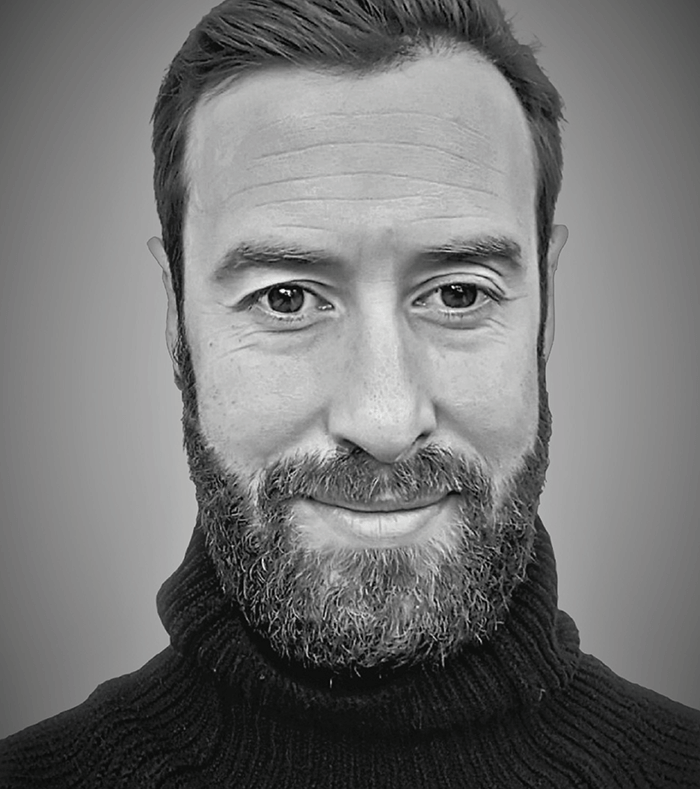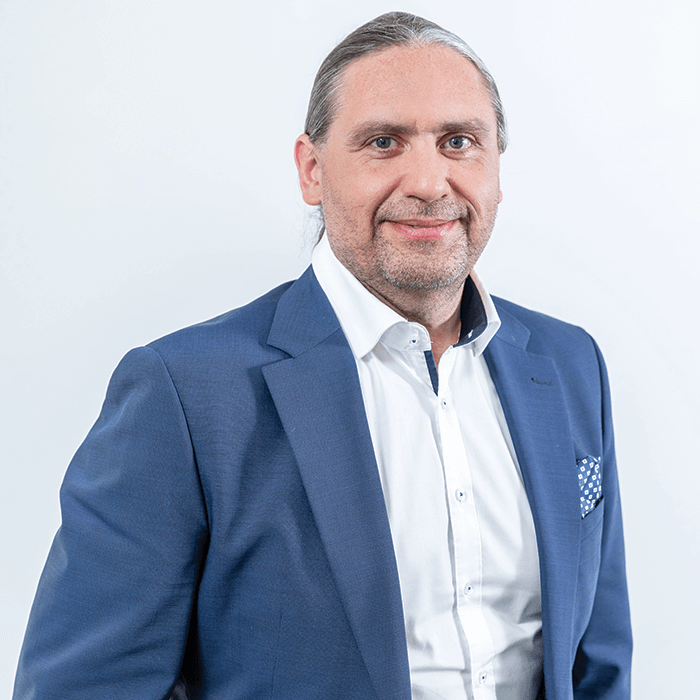
I work as a digital transformation advisor to large healthcare and life sciences companies. In this capacity, I help my clients identify aspects that could be done more efficiently or effectively, and then, with the backing of senior management, create conditions where new technologies and new practices can be enthusiastically adopted. On the surface, digital transformation appears to be about technology, but, in practice, this process is primarily about distributing knowledge and aligning incentives.
Though I certainly spend a great deal of time engaging with business theory and interesting new technologies and like to think I am reasonably perceptive, it is mainly my independence and distance from my client’s organizations that allows me to provide my service. I am not invested in the status quo. To frame it less generously, I am not aboard the boat that I am paid to rock!
I introduce my professional background to give a little context, if not credibility, to my perspective and to underscore the fact that I am not an ophthalmologist or an expert on eyes. My credentials in this space lie very much at the “enthusiastic-user” end of the spectrum; I have owned a pair of eyes since birth and have found them to be very useful and worthy of regular care. So, understanding my position as an outsider, I hope you will permit a little gentle rocking of the ophthalmic innovation boat.
Kick-starting any meaningful innovation in a regulated medical space requires four distinct domains of expertise to come together:
Specialist medical expertise – in this case, an intimate understanding of a medical problem centered in or around the eye
Commercial expertise – a view on the size and shape of the opportunity presented by this medical problem
Technical expertise – an applied understanding of a technology that could help resolve the problem
Entrepreneurial expertise – the ability to bring together the resources to resolve the problem at scale (while minimizing risk and maximizing returns)
The four domains in ophthalmology
Mastery of each one of these domains typically requires one to travel down a different career path. And that means the masters of these four areas do not regularly encounter each other.
In the case of ophthalmology, medical expertise sits principally (and rightly) with the ophthalmologist – very much a full-time job with a list of clinical responsibilities that only grows each year (this will come as no surprise to readers of this article). Even those who take the step to become solo practitioners or to set up their own practices quickly find that the business of providing care leaves little room for speculative investment of time and attention.
Commercial expertise tends to reside within the established commercial businesses, for whom innovation is more likely to pose a threat rather than present an opportunity. Rocking the aforementioned boat is more likely to halt progress up the career ladder than accelerate it.
True technical expertise often resides within academic institutions or the research and development departments of industry partners, particularly in the more cutting-edge spaces, where the commercial viability of a new technology has not yet been proven. The rigors of gathering data for peer-reviewed journal articles creates a burden of proof and a pace of working that does not lend itself to the rapid development, iteration, and commercialization of a new product. Venture capital (VC) investors are not in the business of paying for more research.
And finally, entrepreneurial expertise. The domain of the entrepreneur – the most mythologized of creatures in our modern culture, inevitably portrayed as sneaker wearing, rule breaking, barely out of school, and already destined to be the overlord of whole industries. Firstly, it is worth noting that the average age of a successful startup founder is 45, which makes sense when you realize that a fresh perspective and comfort with risk have to be more than balanced with knowledge, experience, and networking skills needed to find willing investors and convince people to help bring a vision to life. Entrepreneurial expertise is not limited to individuals from one specific background. It is open to anyone who is willing to take on the entrepreneurial role, and could be someone with medical, commercial or technical expertise. In my experience, entrepreneurs are more likely to major in technical expertise, but they are very unlikely to have all three.
These naturally separated domains of knowledge bring me back to the title of this article: the Innovation Guessing Game – a game for four players, where each must guess at the knowledge another player holds. If all players guess correctly, then the prize is the chance to bring meaningful innovation into the world of healthcare, plus a share in untold riches. If they guess incorrectly, everyone goes home a little worse-off than they arrived, although perhaps a little wiser for the next round. Much like in gambling, where “The House Always Wins,” the patchy success rate of the Innovation Guessing Game means that it is often patients who lose.
Time to play
Let’s play a hypothetical round. The entrepreneur does not have a clinical background or has limited view on the commercial opportunity, so must make a guess about the medical need and the scale of the opportunity. The clinician has limited vision on which innovations might succeed and very limited time to spare, and so must guess at which innovations would benefit from their advice. Established healthcare industry players do not know which innovations are medically valid, which means they create partnerships and share commercial expertise with the innovations that will create the best PR headlines and will not threaten their business. And the technical expert leaves academia to work for the entrepreneur with the most compelling story in the hope that this will result in the positive and impactful real-world use of the technologies they have developed in the lab.
Naturally, this is a gross simplification of a complicated issue, but hopefully one that sounds familiar to those who have played this game before – or refrained from playing due to the stacked odds.
And the odds are certainly stacked: only eight percent of VC health investments generate return, and 98 percent of startups funded by angel investors fail in the healthcare industry.
The players
“I have been enormously fortunate with the connections I have made on the medical side of our industry. Without the medical knowledge and intellectual generosity of senior clinicians, such as Arthur Cummings, I would not have been able to shape technologies to meet real patient needs. Accessing medical and commercial perspectives to align products with clinical requirements and mitigate commercial risk is essential to the success of new innovations. Though failure is an inevitable part of innovation and entrepreneurship, success shouldn’t be completely reliant on the luck of meeting the right people at the right time.”
Michael Mrochen, Chief Executive Officer and Founder of IROC Science, Serial Entrepreneur: Co-founder of Vivior AG, Allotex Inc, LifeLong Vision, IROC Innocross (Exit) AG, ClearSight Innovation Ltd (Exit), Zug, Switzerland. Mrochen is working with the author on a new venture, Overture.Health.

“Physicians are often in pole position to identify the unmet medical need or the bottleneck in some aspect of clinical ophthalmology but don’t necessarily have the required skillset to invent or create the solution. Here is where working with scientists, engineers, and entrepreneurs – especially those that can look at the issue from a different perspective – can lead to real innovation that improves the lives of clinicians, patients, or both. Michael Mrochen embodies all these traits and hence has an enviable track record in healthcare innovation, helping millions of people in the process.”
Arthur Cummings, Consultant Ophthalmic Surgeon & Medical Director Wellington Eye Clinic and serving on multiple medical advisory boards, Dublin, Ireland

Innovation is often slowed up in specialist areas of medicine, like ophthalmology, because it is based on educated guessing, rather than knowing. And something as important as innovation in specialist areas of healthcare deserves a better solution than what basically amounts to a high-stakes guessing game.
As with any challenge requiring transformation, the answer will probably involve new technology but, more importantly, it will focus on better distribution of knowledge and better alignment of incentives. I personally don’t have a solution to the problem yet, but I do believe the answer is already out there in the community, and I would love to hear from anyone with an idea or an interest in building something better. Even if we don’t nail it the first time, we can always create a great board game in time for next Christmas!

